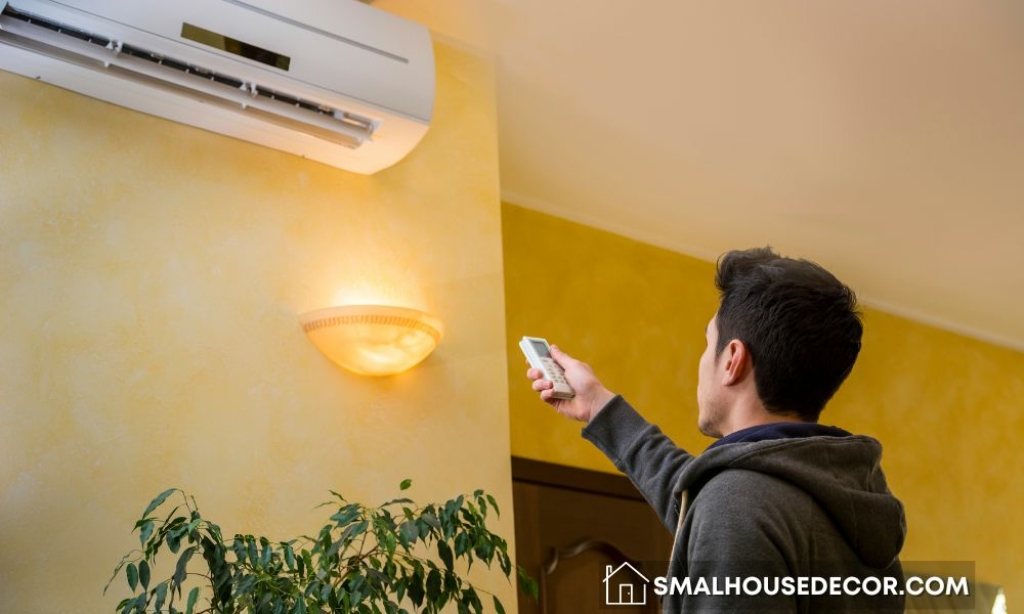Homeowners may sometimes expect that after the installation of their air conditioner systems, they will just forget about them when they need them. They think that they are only going to call a technician when the HVAC does not work and when the appliance fails during the hottest time of the year.
However, this should not be the case at all, as maintenance of the AC should be done at least twice a year, and ideally, you will need to schedule the repairs in spring when the weather is still cool. Making sure that the system is ready for the hard work when it is needed the most can save you thousands of dollars and hours of discomfort. The professionals will do the troubleshooting that you can know more about on this page. However, before calling the professionals, here are some things that you need to know about the AC.

How the System Works
Thermostats that are mounted on a wall system and located at the heart of the home control and monitor the indoor air temperature. When it senses that there are hot spots, it is going to send a signal to the AC system components to start running. Fans will pull out the indoor units in the rooms to return to the air ducts.
Hot air is going to go through a filter where the dust, debris, dirt, and lint are collected, and it is going to pass through the coils. Liquid refrigerants like Freon will convert this to gas, and the chilled air will be pumped back inside through the ductwork.
Refrigerant gases go outside through a series of copper tubes, and the compressor will act as a pump to pressurize the gas into the outdoor unit. This is where the hot air is absorbed and released outside, and this cycle can continue as long as the AC is working properly.
Also Read: Energy-Saving Tips For Optimizing Your HVAC System
Benefits of the Air Conditioning Units
HVAC systems have become a staple in many homes and buildings, providing much-needed relief from the heat and humidity. However, aside from those, below are some things that you need to know about them.
1. Improved Indoor Air Quality
Filtration systems of the AC will work efficiently to remove most of the microorganisms and pollutants in the air allowing the homeowners to breathe improved air. Airborne particulates are going to be limited since the doors and windows need to be closed at all times when you have the HVAC turned on. Find relief from allergies, hay fever, or heat stroke during the summer months when you have this in your home.
2. Control Humidity
Too much sweat can become a problem for a house’s inhabitants, and lowering the water vapor content can eventually help everyone avoid rot and mold. Damp can also cause the spores to proliferate, which can trigger rashes and allergic attacks, and you can avoid those by simply lowering the humidity through the AC.
3. More Productive at Work
Historically, those who are working in buildings are required to have air conditioner systems to prevent them from experiencing fatigue. Nowadays, those who are working from home can also benefit a lot from these systems.
Avoid a stuffy and hot environment with little to no ventilation with the installation of HVAC professionals. Studies have also shown that people work more efficiently when they are not distracted by extreme temperatures or discomfort caused by high humidity levels.
Servicing your AC
Experts recommend that you should at least maintain and clean your AC at least twice a year to keep it going. Companies that are offering air conditioning services and maintenance can spot problems early on and make sure that your air conditioner is running efficiently.
If you live in an area with harsh weather conditions like extreme heat during the summer, you may be using your air conditioner extensively throughout the year. This means that more frequent servicing may be necessary, and this can also be the case with the older units to ensure optimal functioning.
Units that are over ten years old and those that are experiencing frequent breakdowns may need replacement as their best option. It is also a good idea to check the energy-efficiency ratings of a specific model so you will know whether you can save more or not. When the system is too noisy or if there are leaks, you also need to call the professionals to see the root cause of these issues.
What to Expect During Maintenance?
Technicians will generally schedule a visit to the home and conduct a thorough inspection of your unit to identify any potential issues or areas that may need attention. After the assessment is complete, they will clean and maintain various parts of your air conditioner, which involves replacing dirty filters, removing debris from the outdoor unit, and ensuring that all connections are secure.
Electrical connections are tightened, and they will test the system’s performance to ensure optimal functionality. Their goal is to maximize its efficiency and prolong its lifespan so that it continues to keep you cool during scorching summer months without any unexpected breakdowns.
Tune-ups can cost around $70 to $200 on average, but this could change depending on the size of the AC and the type. The bigger they are, the higher the amount that you are likely to pay. The basics would include changing air filters, drain lines inspection, thermostat inspection, and adding refrigerant levels.